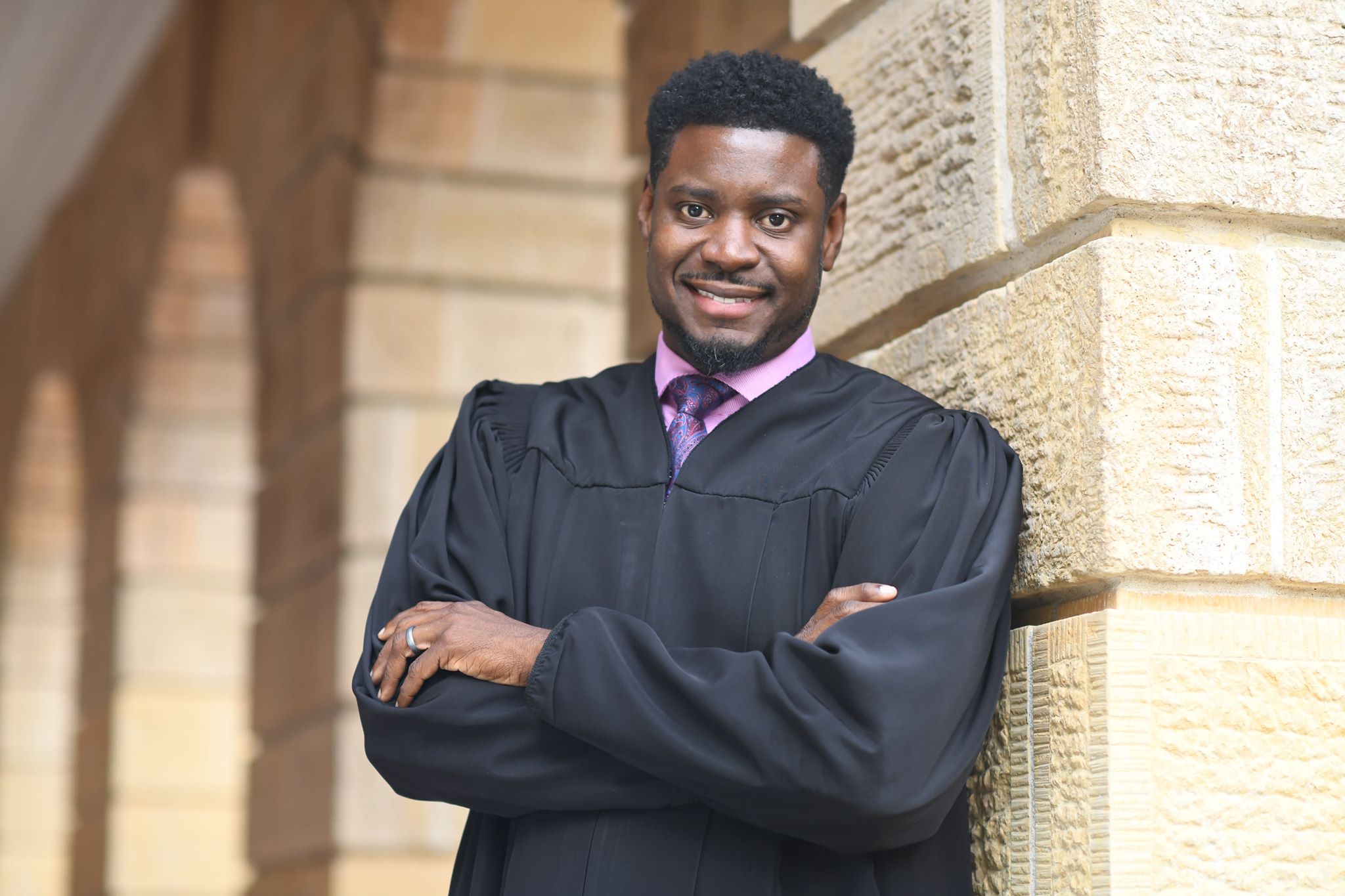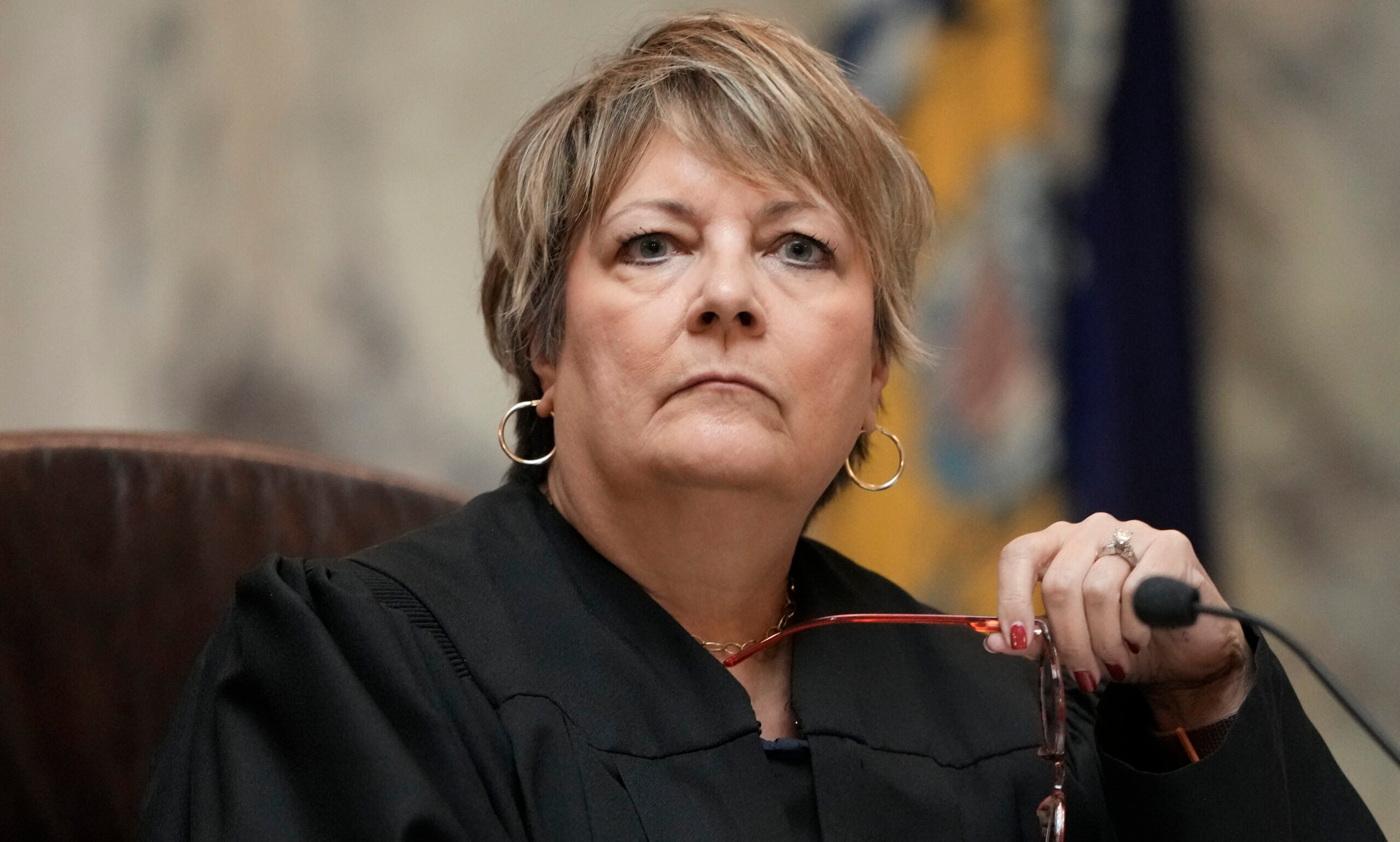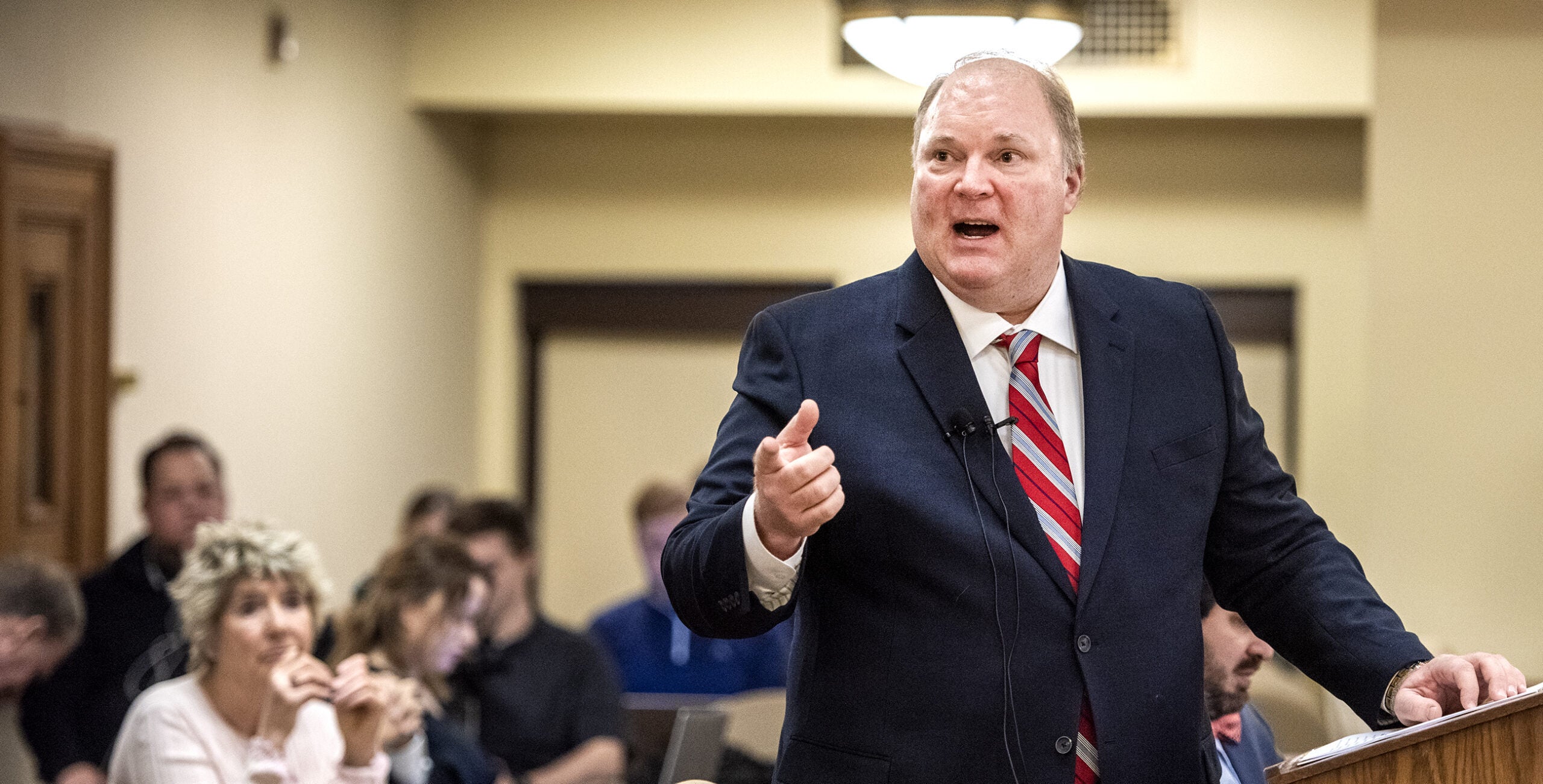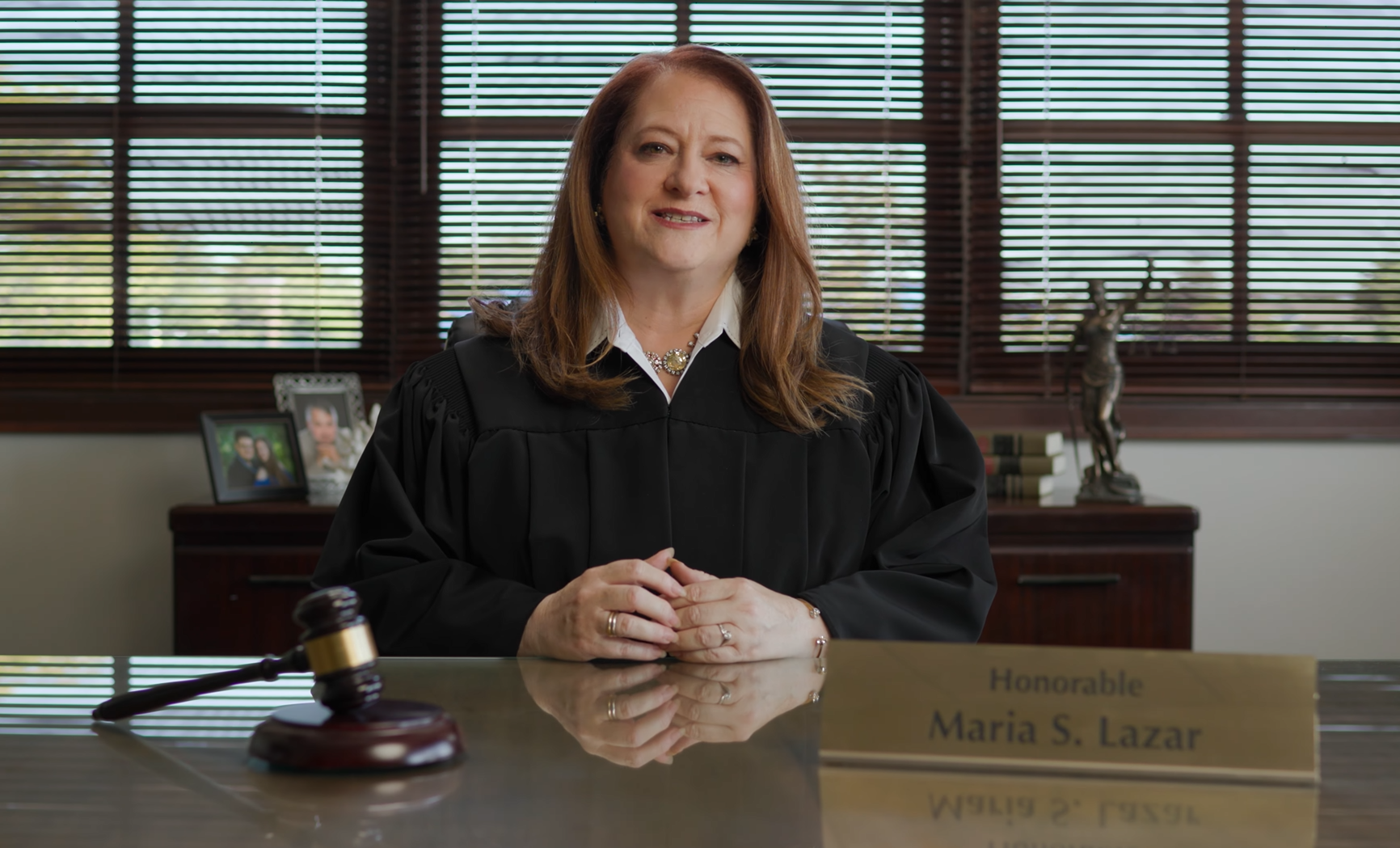Dane County Judge Everett Mitchell said recently that the state Supreme Court he’s running to join has more authority to affect policy and decide how courts across Wisconsin are run than the public realizes.
He is one of four candidates running in the Feb. 21 primary as conservative Justice Patience Roggensack is retiring. The top two candidates will advance to an April general election that could tip the ideological balance of the court, where conservatives currently hold a 4-3 majority.
Mitchell and Milwaukee County Judge Janet Protasiewicz are being backed by liberals. Former state Supreme Court Justice Daniel Kelly and Waukesha County Judge Jennifer Dorow have support from conservatives.
News with a little more humanity
WPR’s “Wisconsin Today” newsletter keeps you connected to the state you love without feeling overwhelmed. No paywall. No agenda. No corporate filter.
Wisconsin Public Radio’s “Central Time” recently invited the candidates to discuss their campaigns on the program. Only Dorow declined the invitation.
Mitchell presides over juvenile court in Dane County, and he is a senior pastor of Christ the Solid Rock Baptist Church in Madison.
Read about the interviews with Protasiewicz here and Kelly here. The following from Mitchell was lightly edited for brevity and clarity.
Rob Ferrett: What is your case for being on the court?
Everett Mitchell: Our state deserves a justice that reflects the diversity and ideas of our entire state. I have been around the state at least twice with this idea that justice is not simply what you say, it’s also what you do. But there are two races going on in our state. One that we focus on reproductive choice, fair maps decisions and voting access. There’s also another conversation that is focused on criminal justice reform and justice as relates to access to the courts — how communities of color are being addressed and how they have access to the things that they need in order to make sure that their communities are stronger and made better.
So, I’m the best candidate to be able to bring those community conversations together so we can have a justice that brings those experiences to the courts to follow both the rule of law, but also have a capacity to provide the leadership to address mental health, violence, public safety and just (the) overall integrity of the court — (to) return it back to a place of integrity and strength.
RF: You are labeled as one of the liberal candidates in this race. What do you say to people who give you that label?
EM: That creates the tension in these races. Liberal and conservative are nothing but synonyms for Democrats and Republicans, which often creates the inability for us to be able to have conversations with both sides. Regardless, there is a reason why (judges are) nonpartisan — so you could be able to talk to groups about the decisions that they’re looking to see in their justices. The labels often create the tension where we aren’t able to have an independent, thoughtful, reflective conversation about the values of Wisconsinites and what they would like to see in their justice.
As long as I’m talking about my values, we can talk about how my life and work has aligned with the need to keep our communities safe, to make sure that people receive trauma-informed care and that we’re not using the criminal justice system as a mental health dumping ground, but rather being proactive to solve the problem, so that we are not just locking up futures of people but that we’re protecting futures of individuals. Where that lines up, I’ll let the voters decide that.
RF: Are those policy goals? How does that fit into what a state Supreme Court justice does?
EM: That’s why we need to educate individuals about what the Supreme Court does. The Supreme Court doesn’t just simply follow rules and make decisions on cases. They have significant leadership and legislative responsibilities that they will address (through) policies.
They also can create and bring together committees to solve current concerns that are happening all throughout our courts. Just recently, the chief justice called together a committee to address mental health (and) started to pull together prosecutors, public defenders (and) community groups from all throughout the state to start saying what courts should be doing about mental health.
Quite honestly, when we could not get legislative changes to take the handcuffs off young people in court, we went to the Supreme Court and won the petition so that we could put in the statute that children are presumed to come into courts without any kind of handcuffs, belts or restraints. We didn’t do that through legislation, but it ended up in the legislation because we were able to go to the Supreme Court.
RF: How would you handle the ongoing legal conflict around the state’s 1849 abortion ban? The state Department of Justice contends it is in conflict with a later law.
EM: I’m really not sure how we evaluate it. It’s going to be very interesting because the incorrect way in which the U.S. Supreme Court overturned Roe v. Wade and really left (states) without any kind of guidance on what is the way for us to evaluate (abortion laws). And so, you will see very different degrees across very different states engaging in these conversations about what is the proper standard to evaluate. Is it privacy? Is it due process? Is it equal protection?
I think at least the due process, equal protection and privacy laws that we have generally structured other rights around are going to be (what) maybe lawyers and judges will agree are the standards. But at this point, there really isn’t any standard because there is no case that has been evaluated in the era (after) the overturning Roe.
READ MORE: Wisconsin Supreme Court candidates discuss abortion, redistricting at Madison forum
RF: What would be your standards for when you should recuse yourself from a particular case on the state Supreme Court?
EM: The notion that you ought to recuse yourself because of campaign donations — it breaks apart the spirit in which we should be having these races in the first place. I have always advocated for a merit-based system in these races because it costs so much money to be able to get on TV (and) get your message out.
People are going to always be put into a compromised position because you’re having to take money from so many different sources, from so many different organizations that are aligned in a certain political direction. And because of that, I don’t think anybody will be able to be in the space where if we adopted a recusal that was based on donations, you would literally have no court whatsoever. Everybody has accepted donations from so many different sources that if one has to recuse, every last one of them would have to recuse at the same time.
Wisconsin Public Radio, © Copyright 2025, Board of Regents of the University of Wisconsin System and Wisconsin Educational Communications Board.






